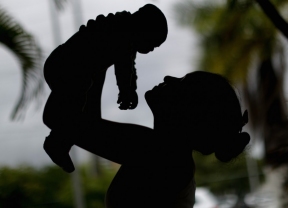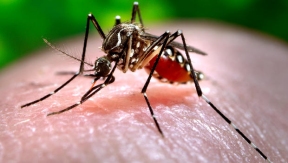
A year ago, the mosquito-borne Zika virus was only beginning to reveal itself as a threat to pregnant women and their unborn babies. Since then, U.S. officials have issued 60 travel alerts along with guidance for athletes and tourists traveling to the Olympics in Rio. They have also deployed more than 1,000 experts to Puerto Rico and elsewhere, tested more than 147,000 lab specimens, initiated 25 major studies and issued more than 230 scientific publications.
And the work is not done, said Dr. Thomas Frieden, director of the U.S. Centers for Disease Control and Prevention. “We have a lot more to do to control both Zika and diseases spread by this mosquito,” Frieden told Reuters in an interview. Frieden, appointed by President Barack Obama to run the CDC in 2009, will hand in his resignation on Jan. 20, the day of President-elect Donald Trump’s inauguration. The former New York City health commissioner will not say what he plans next. He did share his wish list for the incoming president and Congress which contains several items, not least of which is a public health emergency fund. “We’ve dealt with Ebola, H1N1 influenza, MERS, fungal meningitis. We’re dealing now with influenza and drug-resistant bacteria,” he said. And then there was Zika, the first-ever mosquito-borne virus shown to be capable of causing birth defects. The virus has spread to more than 60 countries and territories since the current outbreak was identified last year in Brazil.

“We don’t know when the next global health threat will come. We don’t know where it will come from. We don’t know what pathogen it will be, but we are 100 percent certain that there will be a next one,” he said. Frieden said U.S. health officials must continue to warn pregnant women about the risks of Zika and the need to protect themselves, avoiding travel to places where the virus is active. Scientists also need to continue ongoing studies on the long-term effects of Zika exposure.








